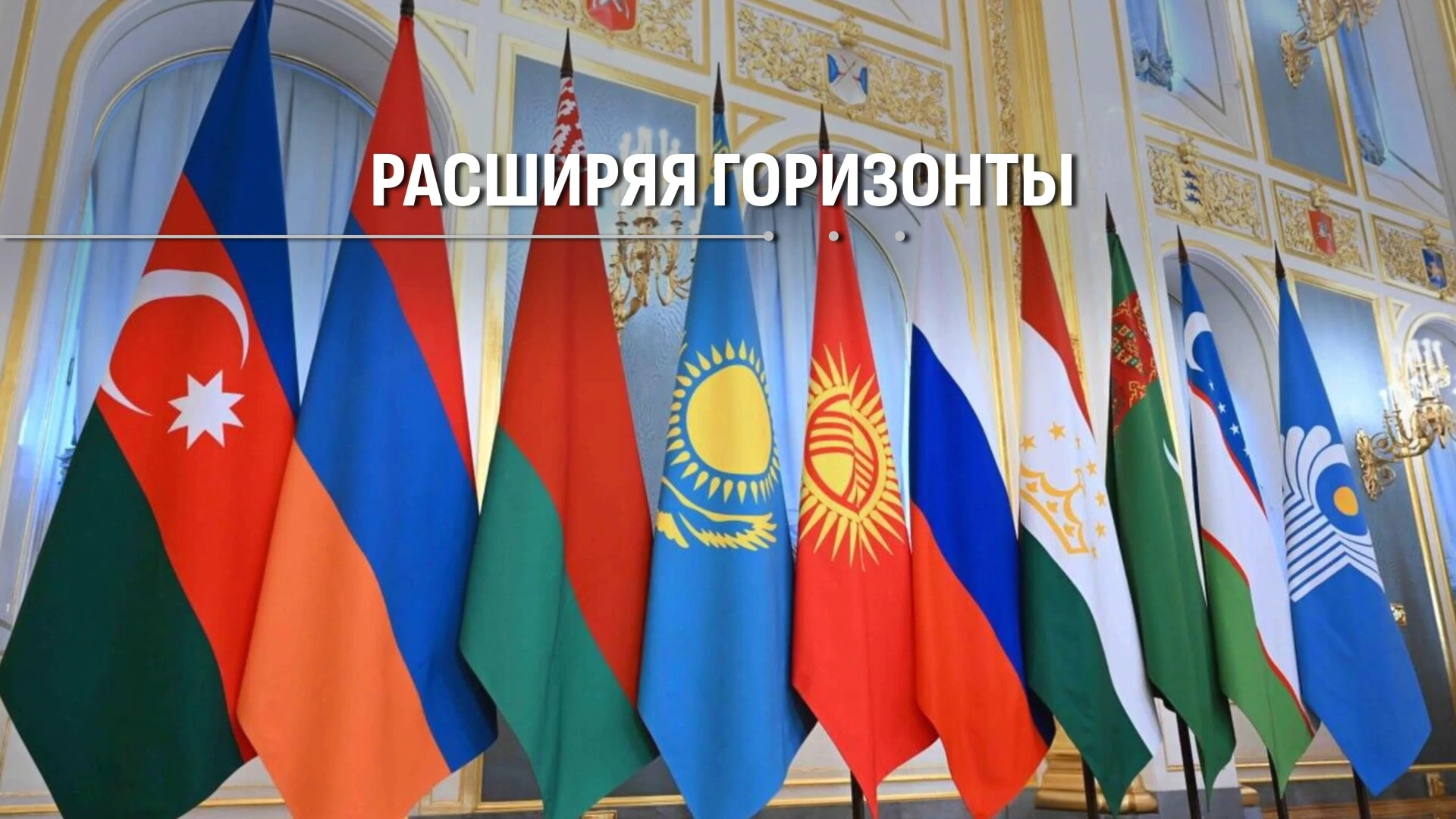3.69 BYN
3.00 BYN
3.49 BYN
Why the Commonwealth - Golden Resource for Post-Soviet Countries

If we were to compile a list of the West's top geopolitical nightmares, the revival of the USSR would definitely be among the top five. After all, the CIS was initially something of the USSR rebranding.
Yes, to many, it unexpectedly turned out to be a smokescreen for the demise of the Soviet Union. But when it was established in 1991, the CIS was a colossus of 20 million square kilometers! Where 250 million souls breathe the same air from the Baltic to the Pacific. And, you know, this resource hasn't been completely squandered. It was mothballed. For decades, it was buried, written off, called a "club of former states," a "post-Soviet ghost."
And now, it seems, this "ghost" has materialized, and in a somewhat new form. Remember how Ilya Muromets lay paralyzed on a stove for 33 years, and then suddenly rose and became a mighty hero, a legendary warrior-defender. Generally speaking, our story is typical.
"CIS Plus": A Door to the Big Game
A quiet revolution is taking place in Dushanbe: the Commonwealth is shedding its "closed club" persona and claiming a place in the sun on the global stage. The idea of "CIS Plus" is a bureaucratic initiative. It's a strategic move, an attempt to create a new polarity in a world increasingly fragmented into centers of power. It's a response to the challenges of the times. Moreover, it's a pragmatic response, and, importantly, one that's already been tested in the SCO and BRICS. It works there. And everything that works should be used to make it work for us. Today, "CIS Plus" is being established in Dushanbe, where third countries—China, India, perhaps even the Turks or Persians—will have the opportunity to join our platform, like a river joining an ocean. Alexander Lukashenko has long spoken about this and advocated for the expansion of the CIS's influence. He proposed a fundamentally new logic: not to isolate ourselves, but rather to become a hub, a center of attraction for larger organizations. He saw the CIS not as a museum exhibit, but as a living organism, useful for the economies of its members.
Vladimir Shapovalov, Deputy Director of the Institute of History and Politics at Moscow State Pedagogical University (Russia):
"The CIS remains the motherboard of the basic organization. However, I would like to point out that the Commonwealth does include a number of states not covered by deeper integration projects like the CSTO and the EAEU, such as Turkmenistan. The presence of the CIS platform allows us to include most post-Soviet countries in the integration processes. This is, of course, a very significant achievement, a major advantage."
So what's the benefit, actually? For the second year in a row, GDP growth rates in the CIS countries have surpassed the global average. These aren't just reminiscing about Soviet ice cream. These are concrete figures that transformed into jobs, contracts, and development. They represent a common market, a common infrastructure, and, crucially, a common economic space. At a time when the world is being torn apart by trade wars and sanctions, the ability to maintain and expand economic ties across the vast expanse from Minsk to Dushanbe is invaluable. It's a resource! The CIS represents 4.3% of global GDP at purchasing power parity, with oil, gas, labor and brains. Since 2011, the CIS free trade zone has become a market for 280 million people, where barriers have fallen like the Berlin Wall, and trade turnover has soared by 40%.
So what would be the point? What will "CIS Plus" bring? It's simple. Oxygen. It means transcending the post-Soviet geography into the world of the global majority. Granting the Shanghai Cooperation Organization observer status within the CIS is the first concrete step. It's a bridge between two major regional structures.
This means common markets, joint projects in the creative economy, where SCO countries already account for 40% of global creative goods exports. Expanding our sphere of influence isn't about imperial ambitions. It's about survival and development in a new, harsh world. As Lukashenko says, "We can only endure together." And this is the primary utilitarian value of the Commonwealth.















